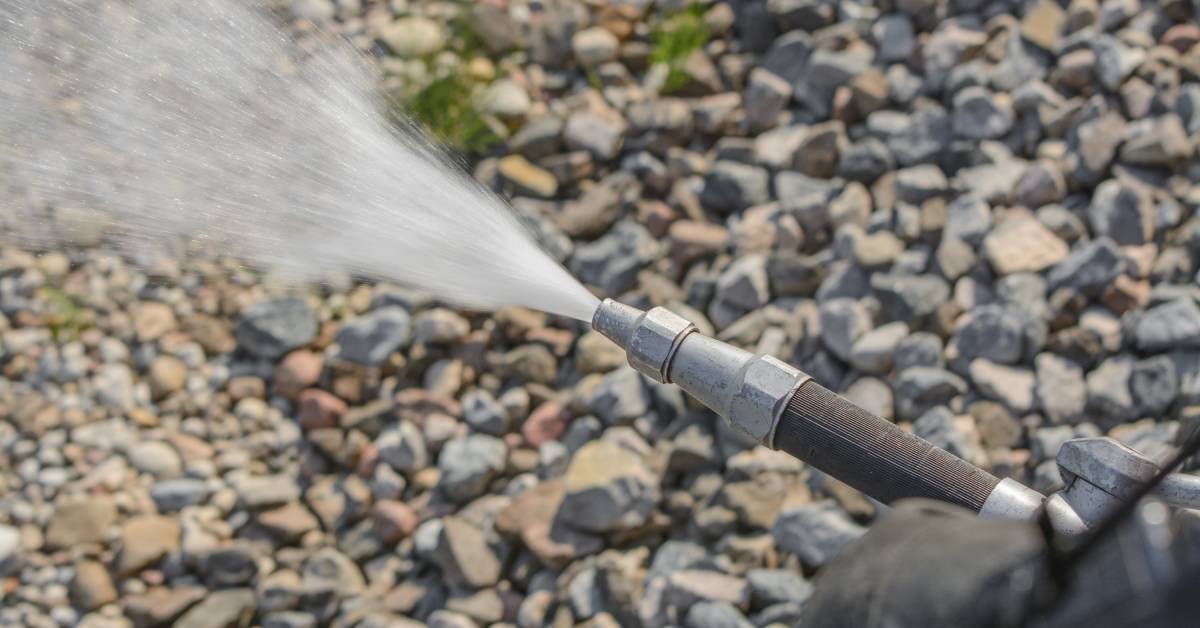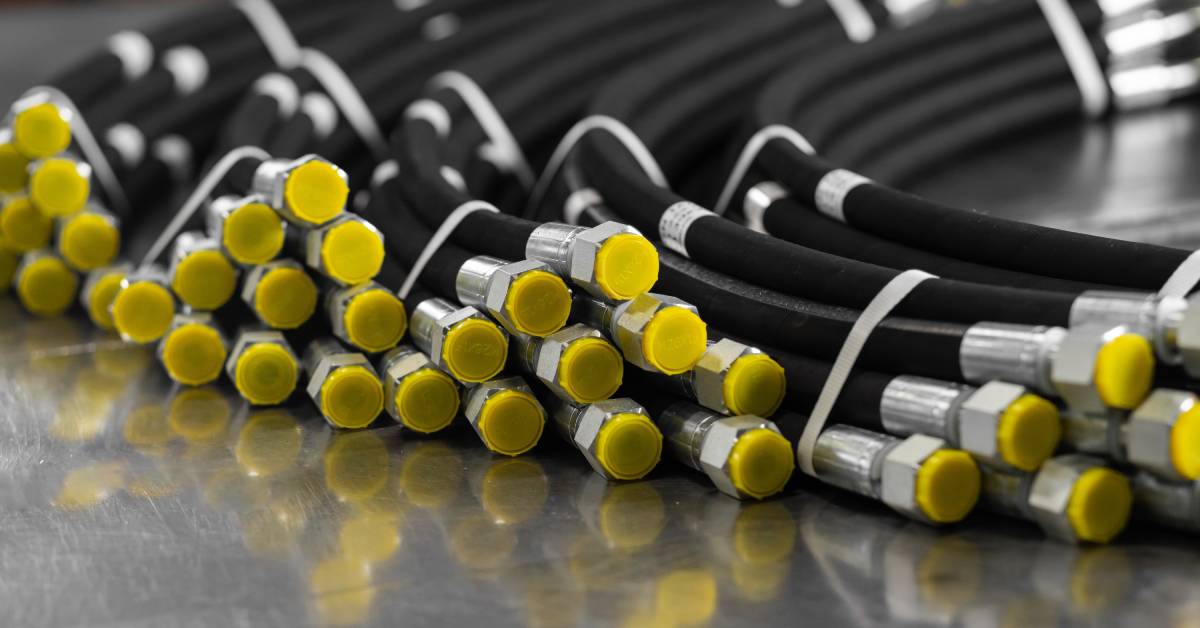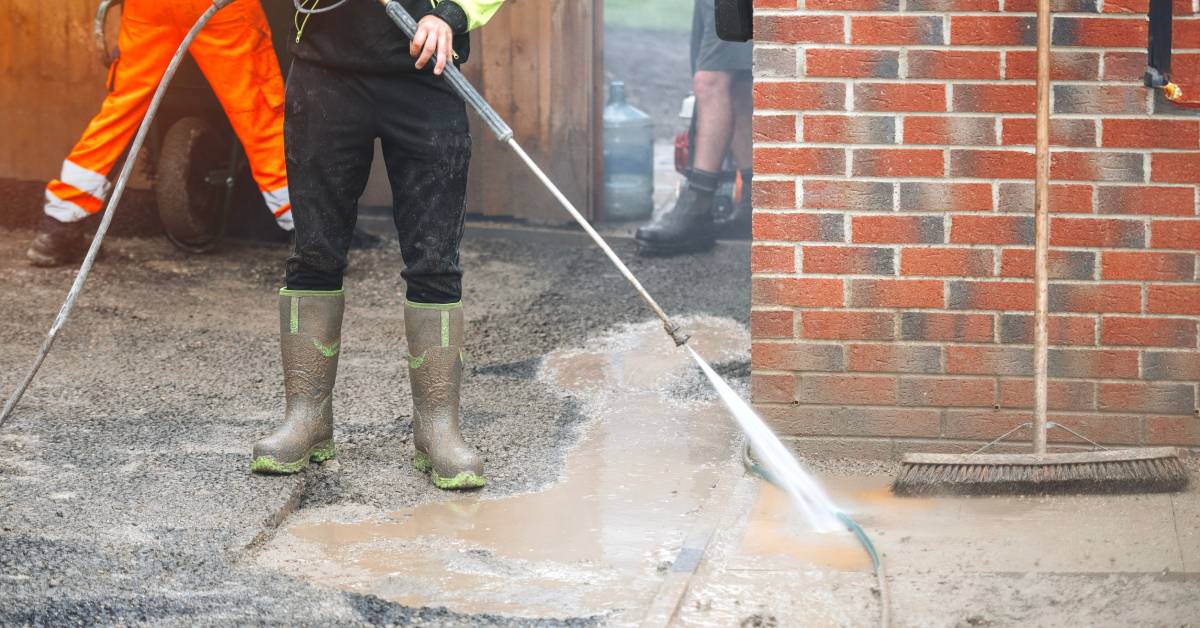
High-pressure hoses are essential equipment in industrial settings, providing a reliable means of handling high-pressure applications such as hydro-jetting, operating hydraulic equipment, and power cleaning. Selecting the right high-pressure hose for your applications ensures safety, efficiency, and durability.
This guide will cover why selecting the right hose matters, the key factors to consider, and practical tips to help you prolong its lifespan. By understanding the types of high-pressure hoses, their applications, and considerations, you’ll be well-equipped to make an informed decision.
High-pressure hoses are critical for carrying fluids or gases under extreme pressure in industrial applications. Using the wrong hose can lead to complications such as pressure loss, leaks, or even total system failure, which could put operators at risk. Each hose has specific features designed for particular tasks, making it crucial to match the hose’s specifications to the required application.
The right high-pressure hose minimizes downtime and promotes reliable and safe operations. Finally, using a compatible and durable hose saves costs by reducing the need for frequent replacements.

High-pressure hoses come in various types featuring specific designs for industrial applications. Some common options include hydraulic hoses, jetting hoses, and thermoplastic hoses.
You’ll often find hydraulic hoses in heavy machinery used to transfer hydraulic fluids under high pressure. Jetting hoses assist with cleaning and drainage tasks involving water. Thermoplastic hoses are lightweight alternatives that make up applications requiring high performance.
The hose construction materials, such as rubber, steel, or thermoplastic, contribute to its suitability for specific situations. Understanding the unique properties of each type will help you select a hose that matches your needs.
Multiple industries and applications utilize high-pressure hoses. For industrial cleaning, they help remove debris and blockages with hydro-jetting systems. Hydraulic systems rely on these hoses to transfer fluids effectively for heavy machinery operation. Other uses include spray painting, concrete pumping, water blasting, and transporting chemicals or gases.
The specific task and operational environment determine which hose you’ll need for the job. For instance, cleaning applications might require flexible and lightweight jetting hoses, whereas hydraulic systems demand hoses with high durability and pressure ratings.
Users must consider several factors when selecting a high-pressure hose. Carefully evaluating these elements ensures optimal performance, safety, and application success.
Durability is one of the most important attributes to evaluate when selecting an industrial hose. These hoses often operate under harsh and demanding environments, including exposure to abrasive materials, extreme temperatures, and heavy use. Resistance to wear and tear is essential to ensure long-term performance and safety.
Look for hoses made from robust materials, such as synthetic rubber or thermoplastic elastomers, with reinforcements like steel-braided or textile layers. These reinforcements provide additional strength to withstand rugged conditions, high pressure, and frequent bending or stretching without compromising their structural integrity.
Flexibility plays a large role in a hose’s maneuverability and usability. This is especially important in confined spaces, complex machinery setups, or applications requiring frequent adjustments or movement. A hose that is too rigid may hinder operations, reduce efficiency, or even damage equipment due to its inability to adapt to the environment.
Alternatively, hoses with optimal flexibility allow for easier handling, quicker adjustments, and smoother operation, improving productivity and reducing operator fatigue. Always balance flexibility with durability to ensure ease of use and reliable performance over time.
The diameter and length of the hose must align with the specific requirements of your equipment and operational needs. Undersized hoses can restrict flow, lower efficiency, and increase pressure within the system, causing overheating, damage, or even failure that lead to costly repairs and downtime.
On the other hand, oversized hoses may result in unnecessary material costs, increased weight, and reduced ease of handling, making them impractical for certain applications. Accurately measure and select the appropriate size to optimize flow rates, pressure, and overall system performance.
The pressure rating of a hose refers to the maximum pressure it can safely withstand during operation. Using a hose with a pressure rating below your system’s operational requirements can create dangerous situations, such as ruptures or leaks, which could damage equipment or pose safety risks.
It’s equally important to consider the burst pressure, which indicates the point at which the hose will fail under extreme circumstances. Always verify that the pressure rating not only matches but exceeds your equipment's operational demands to ensure safety and reliability in all conditions.
High-pressure hoses are often exposed to a wide range of temperatures during use, both from the fluid being transported and influence from the external environment. A hose’s temperature range indicates its ability to withstand these conditions without degrading or failing prematurely.
For example, hoses used in industries like manufacturing or oil and gas may need to endure extreme heat, while those in outdoor settings may face freezing temperatures. Materials like rubber or Teflon are good options for high-temperature resistance, while many thermoplastics can handle extreme cold. Selecting a hose with an appropriate temperature range ensures consistent performance and extends its lifespan.
Compatibility is crucial to ensuring a seamless connection between the hose and the system it supports. This includes fittings, connectors, and other equipment that the hose will interact with during use. Mismatched connections can lead to issues such as leaks, inefficiency, or even damage to the system.
Additionally, consider the chemical compatibility of the hose material and the fluids it transports to prevent corrosion or degradation. Always verify that the hose’s specifications align with the requirements of your application, including thread types, end fittings, and material compatibility, to avoid operational disruptions and ensure optimal performance.

Extending the lifespan of your high-pressure hose saves costs and improves operational efficiency. Start by inspecting the hose regularly for signs of wear, damage, or leaks. Detecting issues early can prevent escalation and failures.
Proper storage is equally important. Avoid sharp bends or heavy loads on the hose when not using it to prevent damage to its structure.
Always follow the manufacturer’s guidelines on pressure and temperature limits to avoid overloading the equipment. Routine cleaning helps remove residue that can degrade the hose material over time. Investing in protective coverings, such as hose sleeves, can shield the hose from environmental hazards like abrasion or UV radiation, further enhancing its durability.
When selecting a high-pressure hose, reliability and quality are paramount. Varco Supply is a trusted provider of high-pressure hoses that meet a variety of industrial requirements. We offer a comprehensive range of options designed for high performance, including hoses for hydro-jetting, hydraulic systems, and industrial cleaning. Whether you’re looking for hydro-jetting hoses or parts for other industrial processes, Varco Supply is your go-to supplier.
Choosing the right high-pressure hose is a crucial step in ensuring the efficiency, safety, and reliability of industrial operations. To keep your equipment running smoothly, follow best practices for maintenance and consider working with reliable suppliers like Varco Supply to gain access to high-quality hoses.
Proper selection and care will ensure the longevity and optimal performance of your hose, allowing you to focus on achieving your operational goals. Visit Varco Supply today to find the perfect high-pressure hose for your industrial needs and enhance your equipment’s performance.